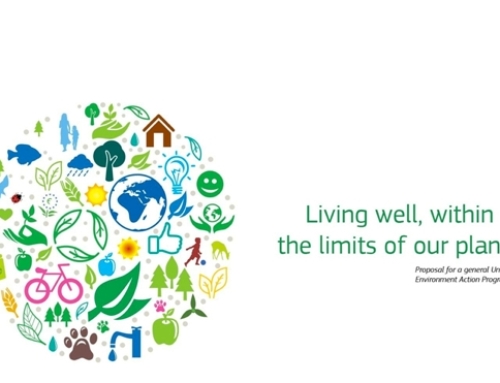The economic benefits of restoring natural ecosystems outweigh the costs, according to new research. The study examined the financial costs and benefits of restoring a range of ecosystems, including those found in marine, inland and coastal habitats, and concludes that in most cases the large value of ecosystem services provides a net economic benefit.
Natural ecosystems provide a vast array of services that support human well-being and have real economic value. For example, a study of Payment for Ecosystem Services (PES) in Costa Rica showed that companies were willing to invest € 143.000 per year for watershed protection.
However, there is surprisingly little information on how the cost of restoring degraded ecosystems compares to the estimated value of the services they provide.
The Convention on Biological Diversity states that restoration is critical and at least 15% of all degraded ecosystems should undergo restoration by 2020.
However, in the absence of thorough cost-benefit analyses, it has been assumed that such restoration is inevitably costly.
For this study, researchers analysed the costs and benefits of restoring a diverse array of ecosystems spanning nine ‘biomes’ – broad habitat categories – including coral reefs, coastal and inland wetlands and temperate and tropical forests, among others.
Researchers developed two databases; one to provide estimates of costs of restoration and one to provide estimates of benefits. From this data, they estimated Returns On Investment (ROI), assuming that the economic value of ecosystem services could be realised, for example, in the form of a PES scheme.
The restoration database included 94 studies that had calculated the costs of restoration for different habitats within the biomes. From this database, the researchers derived a maximum cost of restoration for each biome, and also accounted for any on-going maintenance costs over a period of 20 years.
The economic benefits database was based on 225 case studies, which focused on the economic value of services intact habitats provide. The researchers assumed that it is not possible to restore an ecosystem to its ‘pure’, untouched state, and therefore, restoration projects were assumed to only achieve 75% of the ecosystem’s total economic value.
The fact that demand for ecosystem services is likely to rise with an increasing global population was also accounted for.
The researchers examined different hypothetical scenarios: restoration projects could cost either 100% or 75% of the maximum cost for each biome and benefits were calculated as 30%, 60% or 75% of the average benefit, estimated from the restoration and economic benefits databases.
For example, the best-case scenario was 75% of the maximum cost and 75% of the average benefit. The results demonstrated that even under the worst-case scenarios (assuming 100% cost and only 30% benefit) in six of the nine biomes restoration yielded net economic benefits, providing a financial profit.
Only projects to restore coral reefs and coastal systems (not including wetlands) made a loss. If the best case scenarios were considered (75% cost and 75% benefit), all biomes provided profits.
Contrary to the widely held view that ecosystem restoration is a costly endeavor, this study demonstrates that in many cases, the economic value of ecosystem services will outweigh the cost.
This study is likely to underestimate the benefits, as more services continue to be revealed and the degradation of natural capital renders what is left even more valuable.
Information Source: European Commission, DG Environment.
We help our clients and partners address the most pressing economical, political, social and environmental challenges. If you want to learn more about our sustainability practices, please Contact Us for an initial introductory consultation to discuss what management and communications systems you may need for complete sustainability legislative and regulatory compliance, and better measurement and reporting of TBL performance.







Leave A Comment
You must be logged in to post a comment.